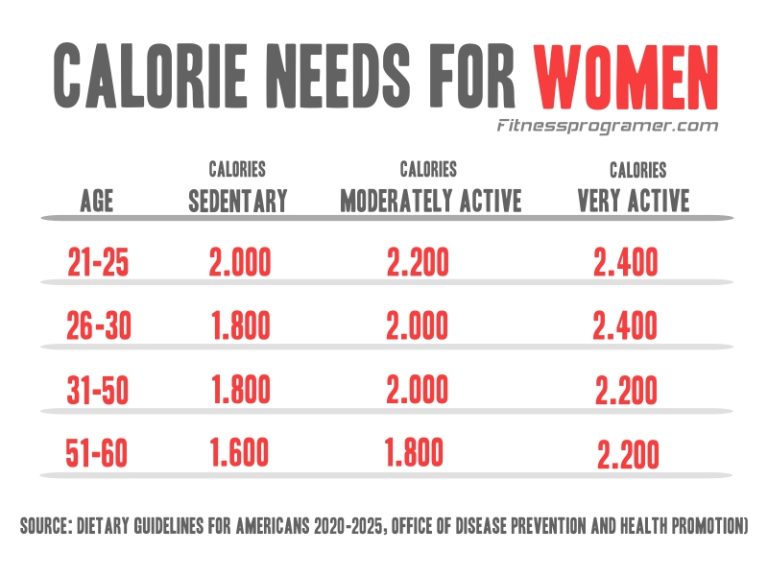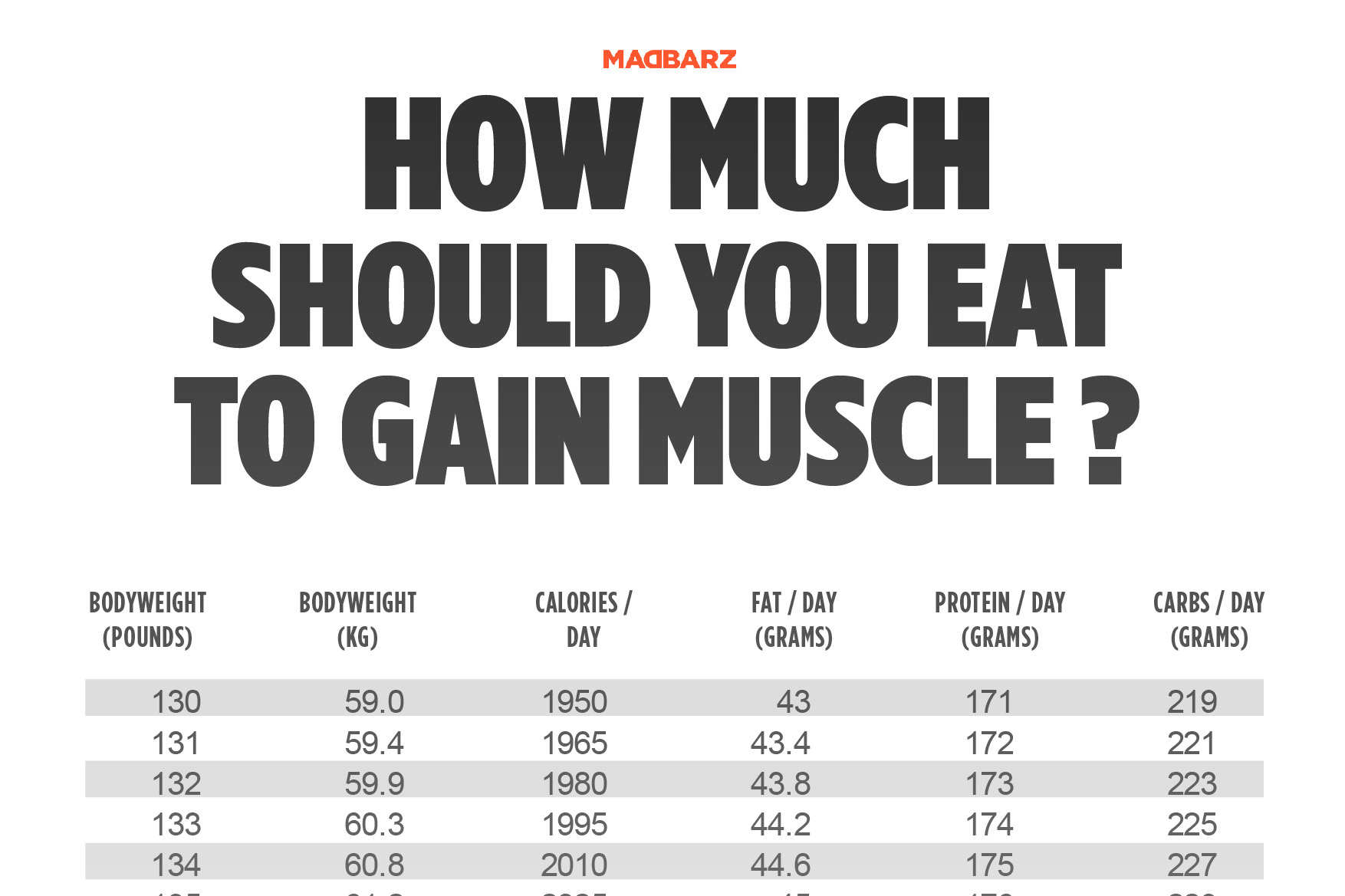How Many Calories Do I Need To Eat To Bulk

Imagine stepping into a gym, the air thick with the scent of iron and determination. Weights clang, grunts echo, and bodies move with purpose. You're here, not just to exercise, but to transform, to build muscle and sculpt the physique you've always envisioned. The question buzzing in your mind, the same one shared by countless others, is: how many calories do I need to eat to bulk?
This article will demystify the process of calculating your bulking calorie needs. We'll delve into the science behind muscle growth and provide a practical guide for fueling your body to achieve your fitness goals safely and effectively. Understanding your individual needs is key to a successful bulking phase.
Understanding the Basics of Bulking
Bulking, at its core, is about creating a caloric surplus. This means consuming more calories than your body burns. The extra energy is then used to repair muscle tissue damaged during exercise and build new muscle mass.
However, it's crucial to understand that bulking isn't just about eating everything in sight. A "dirty bulk," characterized by excessive consumption of unhealthy foods, can lead to unwanted fat gain and potential health problems. A "clean bulk," focusing on nutrient-rich foods, is a more sustainable and healthier approach.
The Importance of a Calorie Surplus
Without a caloric surplus, your body simply doesn't have the necessary building blocks to create new muscle tissue. Think of it like trying to build a house without enough bricks or wood. You need the raw materials to complete the project.
Research from organizations like the American College of Sports Medicine emphasizes the importance of proper nutrition for optimal muscle growth. They highlight that resistance training combined with adequate calorie and protein intake is essential for maximizing muscle protein synthesis.
A study published in the Journal of the International Society of Sports Nutrition found that a modest calorie surplus (around 250-500 calories per day) is generally sufficient for most individuals seeking to build muscle without excessive fat gain.
Calculating Your Maintenance Calories
Before you can determine how many extra calories to consume, you need to know your maintenance calories. This is the number of calories your body burns daily to maintain its current weight.
Several methods exist for estimating maintenance calories, including online calculators and formulas. One commonly used formula is the Mifflin-St Jeor equation, which takes into account your gender, age, height, and weight.
The Mifflin-St Jeor equation is often considered more accurate than older formulas like the Harris-Benedict equation. However, it's still an estimate, and individual metabolic rates can vary.
Activity Level Multiplier
Once you've calculated your Basal Metabolic Rate (BMR) using the Mifflin-St Jeor equation (or another method), you need to factor in your activity level. This is done by multiplying your BMR by an activity factor.
Common activity factors include: * Sedentary (little to no exercise): BMR x 1.2 * Lightly active (light exercise/sports 1-3 days/week): BMR x 1.375 * Moderately active (moderate exercise/sports 3-5 days/week): BMR x 1.55 * Very active (hard exercise/sports 6-7 days a week): BMR x 1.725 * Extra active (very hard exercise/sports & physical job or 2x training): BMR x 1.9
The resulting number is your estimated Total Daily Energy Expenditure (TDEE), which represents your maintenance calories. Remember, this is still just an estimate, and adjustments may be necessary based on your individual response.
Determining Your Calorie Surplus for Bulking
Now that you know your maintenance calories, you can determine how much of a surplus to create for bulking. A general recommendation is to start with a surplus of 250-500 calories per day.
This range is considered a sweet spot for maximizing muscle growth while minimizing fat gain. Starting with a smaller surplus allows you to monitor your progress and make adjustments as needed.
Individual responses to calorie surpluses can vary based on factors such as genetics, training intensity, and macronutrient ratios. Pay attention to how your body responds and adjust your calorie intake accordingly.
The Role of Macronutrients
While calorie intake is crucial, macronutrients – protein, carbohydrates, and fats – play an equally important role in a successful bulking phase. Each macronutrient contributes differently to muscle growth and overall health.
Protein is essential for muscle repair and growth. A general recommendation for individuals engaging in resistance training is to consume 0.8-1.0 grams of protein per pound of body weight daily.
Carbohydrates provide energy for workouts and replenish glycogen stores. They also play a role in insulin release, which can help transport nutrients to muscle cells. Fats are important for hormone production and overall health. Aim for a balanced intake of all three macronutrients.
Tracking Your Progress and Making Adjustments
The key to a successful bulking phase is consistent tracking and adjustments. Monitor your weight, body composition, and strength gains regularly. This will provide valuable insights into how your body is responding to your calorie surplus and macronutrient intake.
Weigh yourself at the same time each day (e.g., first thing in the morning) to get an accurate reading. Track your measurements (waist, chest, arms, etc.) periodically to assess changes in body composition.
If you're gaining weight too quickly or noticing excessive fat gain, reduce your calorie surplus slightly. If you're not gaining weight or strength, increase your calorie intake gradually. Consistency and patience are key.
Listening to Your Body
Beyond tracking numbers, it's also crucial to listen to your body. Pay attention to how you feel during workouts and throughout the day. Are you experiencing fatigue, digestive issues, or other signs of overtraining or inadequate nutrition?
Adjust your calorie and macronutrient intake based on your individual needs and responses. Everyone is different, and what works for one person may not work for another.
Consulting with a registered dietitian or certified personal trainer can provide personalized guidance and support throughout your bulking journey. They can help you create a tailored plan based on your specific goals and needs.
Conclusion
Bulking is a process that requires knowledge, dedication, and a personalized approach. By understanding the fundamentals of calorie surpluses, macronutrient ratios, and progress tracking, you can effectively fuel your body for muscle growth and achieve your fitness goals.
Remember, consistency and patience are crucial. Don't get discouraged by setbacks or plateaus. Stay focused on your long-term goals and celebrate your progress along the way.
Embarking on a bulking journey is about more than just gaining weight. It's about building a stronger, healthier, and more confident version of yourself. It's a testament to your dedication and commitment to achieving your physical potential. So, step into the gym with purpose, fuel your body wisely, and witness the transformation unfold.


















